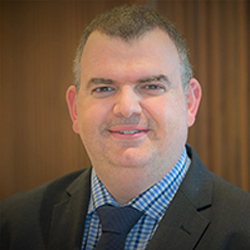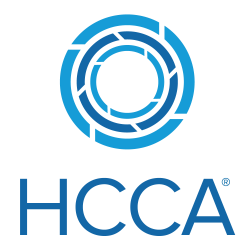So, you think you want to be a clinical trial project manager? It’s not an easy task. However, it can be an incredibly rewarding role because you have the opportunity to elevate clinical trial quality, says Vatche Bartekian, president of Vantage BioTrials.
“Challenges often arise during a clinical study, and it’s the project manager’s responsibility to motivate the team and find solutions for any obstacles encountered along the way,” Bartekian says. Not sure you have the right stuff? “Knowing how to effectively motivate both internal and external team members is a crucial trait for an ideal project manager,” he explains.
A clinical study requires participation from multiple stakeholders in different departments or different levels within the same group. “An effective project manager should know how to lead a diverse team across multiple levels, and how to identify strengths of each team member and delegate tasks to appropriate individuals,” Bartekian notes.
Luckily, there are tools and best practices out there to help new project managers take the reins, or existing project managers raise their game, Bartekian says. It comes down to smart planning over five stages of the trial and effective communication throughout. He breaks down the five key stages to effective project management in a clinical trial:
Free for ACRP Members – Webinar: Effective Project Management to Streamline Your Clinical Trial Workload
Join Bartekian on November 5 as he provides new and current project managers with useful tools to streamline workload and decrease some of the common paint points felt by clinical project managers. Bartekian will also lead a half-day workshop, “Strategies for Effectively Project Managing your Clinical Trial” at ACRP 2020 in Seattle, May 1-4, 2020.
- Initiating: Define goals and initial project scope. Identify stakeholders.
- Planning: Refine project scope, build timelines, and identify and establish risks, milestones, vendor management, and budgets.
- Executing: Assign, train, and manage teams. Perform quality assurance and quality control, manage communications, and engage all stakeholders.
- Monitoring/Analyzing: Make adjustments along the way and determine if the project needs to be terminated, altered, or continued. Control project work scope, schedule, cost, communications, and risk. Analyze and report on metrics.
- Closing: End the project using a formalized process (i.e., standard operating procedures). Conduct a lessons learned meeting.
“I consider the first two stages of effective project management the most crucial of the five,” Bartekian says. “I often encourage my team, and even our sponsor clients, to take as much time as required to properly initiate and plan a study following quality by design and quality risk management principles and strategies,” he adds.
Doing so “sets a solid foundation from which a study can be launched,” Bartekian says. “Serious issues can then be minimized throughout the [three remaining stages] by ensuring [that] key performance and risk indicators are identified, monitored, and analyzed [continuously]. “Adjustments to the plan can then be easily made depending on the level of acceptable risk you are willing to take.”
Finally, never underestimate the power of communication. “To be an effective communicator, the project manager must be objective, attentive, patient, and to-the-point with each member of the study team,” Bartekian says. “The project manager is literally the conduit where almost all information [should] flow for a clinical study, therefore it becomes imperative that effective project managers also retain excellent communication skills.”
Communication should not be viewed as only a skill, but also as an overall strategy for the project. “Defining a well-thought-out communication plan is key but ensuring that all stakeholders understand the plan is imperative to the seamless flow of information,” Bartekian notes.
Author: Michael Causey




